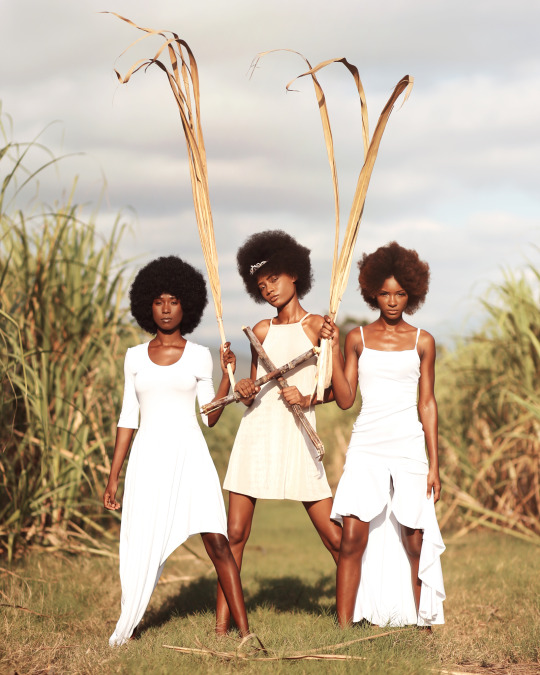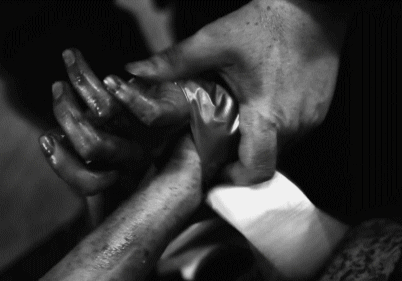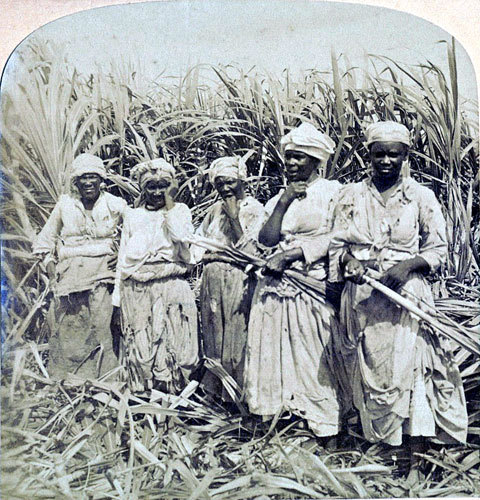A blog dedicated to the analysis of Olive Senior's Poem "Cane Gang"
Don't wanna be here? Send us removal request.
Quote
Sweet is the taste of sugar cane, but bitter are the memories associated with its cultivation.
Jamila Coore (via canegang)
2 notes
·
View notes
Text
Cane Gang by Olive Senior (Summary)
The poem Cane Gang encapsulates the exploitation of Africans and the influence of sugar cultivation within the New World. Throughout the poem Olive Senior uses diction, tone and concrete poetry to display the domineering influence of sugar cane. The poem emphasizes the nuances of sexual gratification through the domination of the New World unto enslaved Africans. This poem allows its readers to be introduced to Olive Senior’s immanese poetic analysis of “King Sugar” by highlighting its forced subjection unto blacks which leads to their disenfranchisement and perpetual exploitation. Furthermore it is insinuated that enslaved africans are expected to yield to their masters who can be seen in two contexts their plantation owners and the crop they are responsible to cultivate. Both masters are expected to have their desires fullfilled by their subjects and the cooperation given by these enslaved Africans allows a high or sexual gratification to happen. In other words, the cultivation of this crop allows for this sexual urge by ther masters to be satisfied. The responsibility of these Africans is to only satisfy through the means of cultivation production and yielding to the power of their slavers. In order for the world to be fed they press their nails and knees into the backs of African labourers who are forced to satisfy their desires and comply.
0 notes
Photo
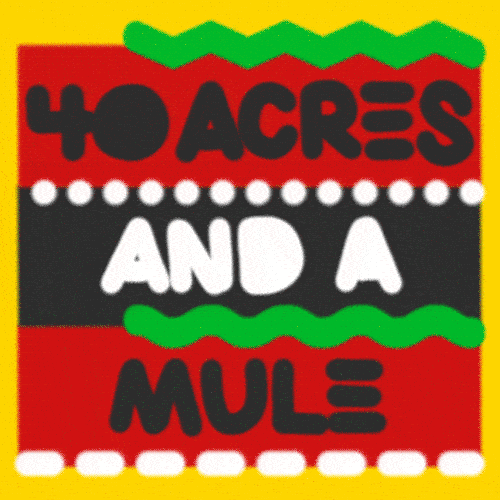
(via GIPHY)
#giphy#black#american#blm#black lives matter#poc#african american#debt#slavery#mule#people of color#reparations#wages#original sin#ados#hr 40#enslaved#happy juneteenth#40 acres#forty acres#we are owed
0 notes
Photo
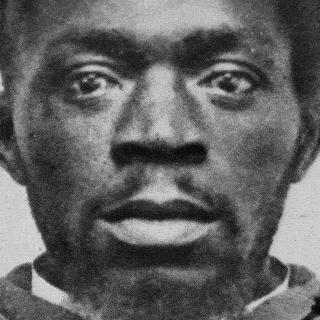
#giphy#youtube#history#black lives matter#museum#faces#ice cube#black history month#black history#queen latifah#oprah winfrey#slavery#american history#rosa parks#smithsonian#nina simone#african american history#nmaahc
2 notes
·
View notes
Photo

TONE FIRST STANZA- (Disheveled or Disoriented)
The plantation represents the idea of an area in need of satisfaction. The tone of this stanza plays into the nuances of sexual dominance and submission. By means of enslaved Africans relinquishing their power to the cane fields, they become the subjects of the dominant sugar industry. Consequently, these enslaved Africans are forced to supply the new world with sexual gratification through their forced labour. Furthermore the tone here implies that slaves have been forced to subject themselves to the demands of their slavers in order to give them and the western world sexual gratification.
0 notes
Photo

It is important to note that the poem Cane Gang incorporates diction to profoundly introduce the reality of plantation life and servitude. The poem introduces to its readers a plethora of words, which speak to the influence of slaves being subjected to areas with names associated with freedom. The paradoxical link between these names and slavery is that these words are incorporated to tease the victims who are subjected to the domineering effects of sugar cultivation by feeding into the false reality of freedom.
Eden (a utopia, godly or godlike)
Content- (absolute happiness)
Paradise- (a perfect or harmonious space)
Hope- ( Faith in change or the idea that things will indeed change)
Retirement- ( Granted by choice or is at least optional however slavery does not provide or grant the option of choosing when to leave)
In terms of eroticism I read into this as the slavers indulging into the kink of oppression. What I mean by this is they gain sexual gratification by teasing and degrading their subjects. Because they are in total control they have the ability to disregard the idea of freedom and instead they use their authority and power to taunt their subjects as a way to satisfy their ego.
0 notes
Photo
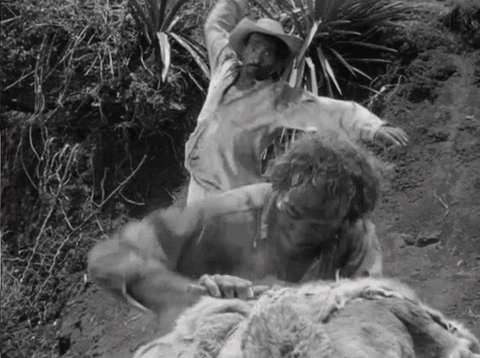
(via GIPHY)
#giphy#work#mondays#whip#warner archive#punishment#john huston#the treasure of the sierra madre#tough time
0 notes
Photo
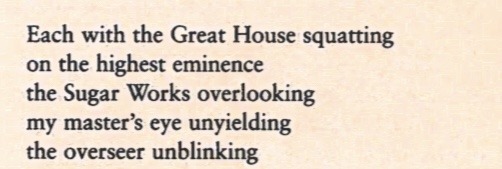

The tone of this stanza is domineering. Sugar cultivation or the desire for sugar within the context of eroticism is a fetish.The pleasure associated with this fetish is the exploitation and domination of enslaved Africans. By forcing them to comply, these slavers are able to reap the benefits that come with it, in this case the benefit is the priduction of sugar by forced labour. Through servitude enslaved Africans are able to sexually gratify their masters. In other words, the workers in the cane fields serve as purveyors of pleasure in the poem. They have been brought to the New World in order to satisfy the desires of their slave masters through the sugar industry. This domineering and authoritative tone shows that sexual gratification is symbolically represented through the cultivation of the sugar.
0 notes
Photo
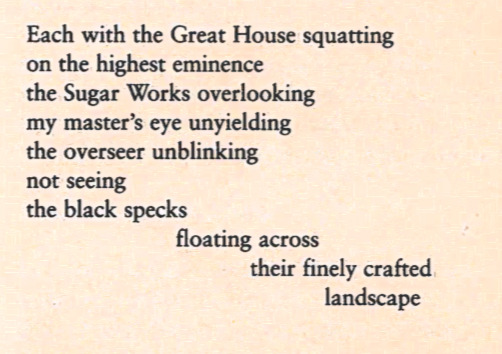
The poem Cane Gang introduces the concept of conrete poetry to display the random organization of workers within the plantation. The distance and position of each word helps to highlight the disorientation and randomness within the carefully developed cane field. It can also be seen as a way to emphasize the physical disorientation of the victims who have now been subjected to submission and compliance.
0 notes
Photo
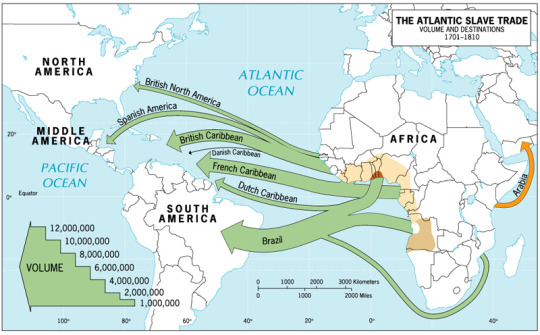


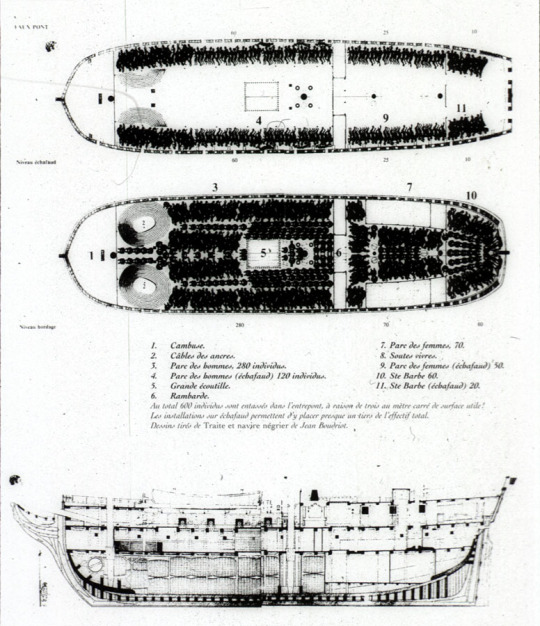
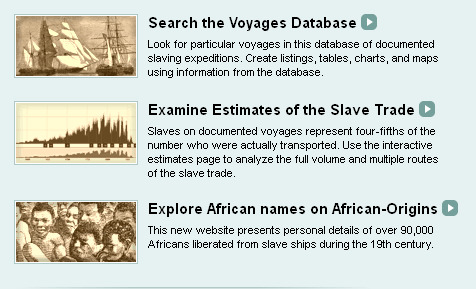
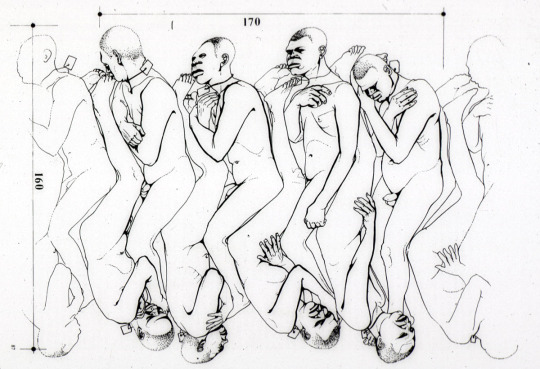
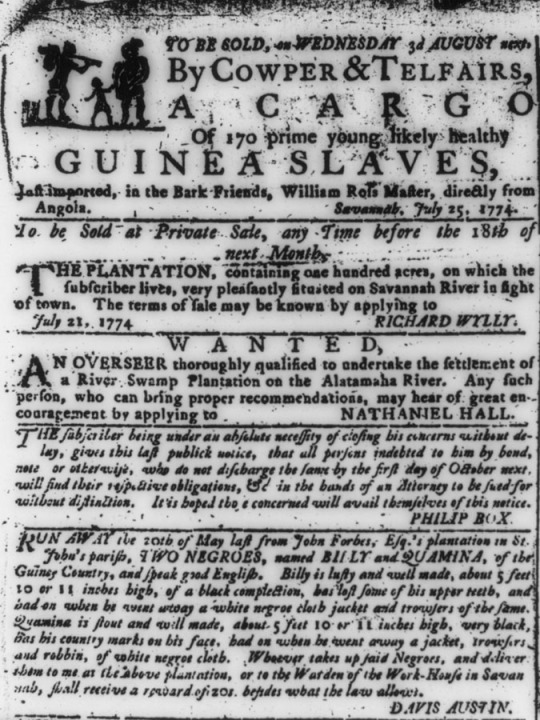
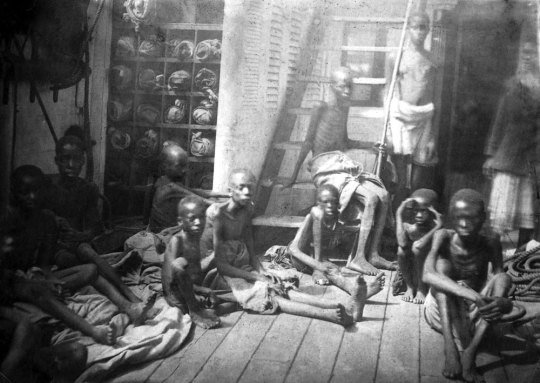

SELLING AFRICANS WAS A WELL-PLANNED CAPITALIST VENTURE
the amount of detailed information that we have on who financed slave voyages, where they went, who they captured, which African leaders cooperated with which traders, how many trips they made, who captained and manned the ships, which companies insured the human cargo, how many Africans were expected to die during the voyage, what diseases they usually succumbed to while on-board, the ratio of human cargo to dry goods that would net the ship the highest profit margin, which countries dominated the trade during which decades, which countries ran illegal slave trading ships after the trade was supposed to be outlawed… NONE OF THAT IS A MYSTERY!
If you think that THE CASE FOR REPARATIONS for American Black people on slavery alone - not to mention all they endured AFTER - is absurd… think again!
If your immediate thought is "Who is going to pay whom?“ or ”Why am I responsible for what happened way back then?“ or even ”Why do those of us whose families came to America after 1865 even have to pay attention to this topic?“… then you need to educate yourself. Badly.
Those aren’t necessarily dumb questions to ask… they’re simply THE WRONG QUESTIONS and really have nothing to do with what reparations is about. Not on the individual level, anyway. Do yourself a favor and if for no other reason than to be able to argue against reparations INTELLIGENTLY… READ THIS:
http://www.theatlantic.com/features/archive/2014/05/the-case-for-reparations/361631/
…because sounding dumb in the midst of the information age is not cool. especially on such a serious topic.
14K notes
·
View notes
Photo

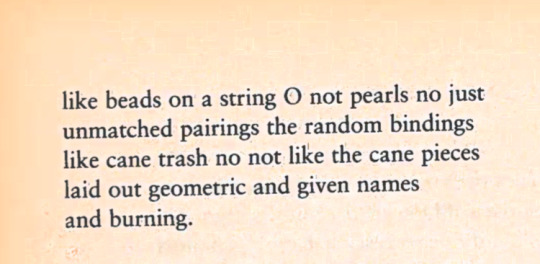
This stanza shows the contrast between the strict orderly structure of the cane field as opposed to the random nature and selection of the workers.The tone suggests conformity, it insinuates that similar to cane trash enslaved Africans are also discarded once they have been used. These various gangs of africans are now expected to adjust to a new structure and system which devalues them and subjects them to overexploitation. Furthermore confirming that they must yield to the power associated with sugar cultivation and tend to their masters who expected to be satisfied.
0 notes
Quote
Sweet is the taste of sugar cane, but bitter are the memories associated with its cultivation.
Jamila Coore
2 notes
·
View notes

